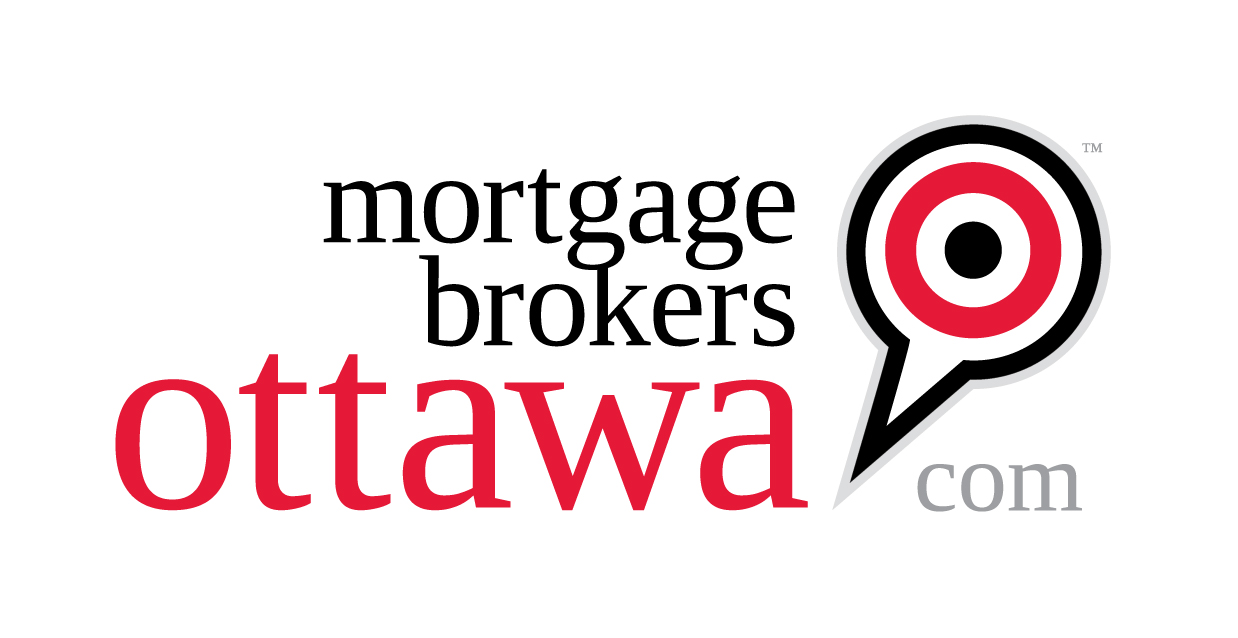Determining The Best Mortgage Term
Determining The Best Mortgage Term
Date Posted: May 8, 2024

Choosing the right mortgage term is a pivotal decision for any homebuyer, with implications that extend far beyond the monthly payment. It's a complex choice influenced by various factors, including financial markets, personal circumstances, and risk tolerance. By delving into mortgage terms and their financial implications, you can make an informed decision that aligns with your goals and financial well-being.
Understanding Mortgage Terms:
A mortgage term refers to the duration for which the interest rate, payment schedule, and conditions of a mortgage loan are fixed. It's the period during which the borrower agrees to abide by the terms of the mortgage contract with the lender. Mortgage terms typically range from six months to ten years, although longer terms are also available.
When exploring mortgage options, it's essential to grasp the significance of different mortgage terms. Longer terms often come with higher interest rates, while shorter terms typically offer lower rates. While opting for a shorter term might seem advantageous at first glance, it's not always the optimal choice. External factors, such as market conditions and individual financial stability, must also be considered when selecting a mortgage term.
At the end of the mortgage term, several scenarios may unfold depending on the terms of the loan agreement:
- Renewal: The borrower and lender may choose to renew the mortgage for another term, renegotiating the interest rate and other terms as necessary. If the borrower decides to renew, they'll enter into a new agreement with updated terms, potentially with the same lender or a different one.
- Refinancing: Alternatively, the borrower may opt to refinance the mortgage, which involves replacing the existing mortgage with a new one. Refinancing allows borrowers to take advantage of lower interest rates, access equity in their home, or change the terms of the loan to better suit their financial situation.
- Payment in Full: If the borrower has the financial means to do so, they may choose to pay off the remaining balance of the mortgage in full at the end of the term. This results in the discharge of the mortgage lien on the property, giving the borrower full ownership of the home.
- Amortization Schedule Adjustment: In some cases, the end of the mortgage term may trigger adjustments to the amortization schedule, particularly if the mortgage includes a balloon payment or interest-only period. The borrower may need to make a lump-sum payment or transition to a different payment structure.
- Sale of Property: If the borrower sells the property before the end of the mortgage term, the outstanding balance of the mortgage will typically be paid off using the proceeds from the sale. This allows the borrower to settle the mortgage obligation and transfer ownership of the property to the buyer.
Types of Mortgage Terms
- Fixed-Rate Mortgage: With a fixed-rate mortgage, the interest rate remains constant throughout the mortgage term, typically ranging from one to ten years. This provides stability in monthly payments, making budgeting easier.
- Variable-Rate Mortgage: In contrast, a variable-rate mortgage has an interest rate that fluctuates with changes in the lender's prime rate. As a result, monthly payments may vary, potentially increasing or decreasing over time.
- Open Mortgage: An open mortgage offers flexibility as borrowers can make additional payments or pay off the mortgage in full without incurring penalties. However, interest rates for open mortgages tend to be higher than closed mortgages.
- Closed Mortgage: With a closed mortgage, borrowers have limited flexibility in making extra payments or paying off the mortgage before the end of the term. However, they often come with lower interest rates compared to open mortgages.
- Short-Term Mortgage: Short-term mortgages have terms ranging from six months to three years. They offer flexibility for borrowers who anticipate changes in their financial situation or interest rates.
- Long-Term Mortgage: Long-term mortgages have terms exceeding three years, typically ranging from four to ten years or even longer. They provide stability and predictability in payments over an extended period, shielding borrowers from interest rate fluctuations.
- Convertible Mortgage: Convertible mortgages allow borrowers to switch from a variable-rate to a fixed-rate mortgage or vice versa during the term without penalties. This offers flexibility to adapt to changing market conditions.
- Hybrid Mortgage: Hybrid mortgages combine features of both fixed-rate and variable-rate mortgages. For example, borrowers may have a fixed rate for a portion of the term and a variable rate for the remainder.
Financial Comfort Zone:
For individuals who prefer financial stability and predictability, a longer mortgage term, such as ten years, might be the prudent choice. This ensures that monthly payments remain manageable, even if interest rates rise during the term. By the end of the term, borrowers often find themselves in a stronger financial position, with reduced principal balances and increased affordability for potential rate hikes.
Choosing the right mortgage term is a highly individualized process that hinges on understanding personal financial circumstances and risk tolerance. Mortgage professionals play a crucial role in guiding borrowers through this decision-making process, providing tailored advice that aligns with their unique needs and objectives.
